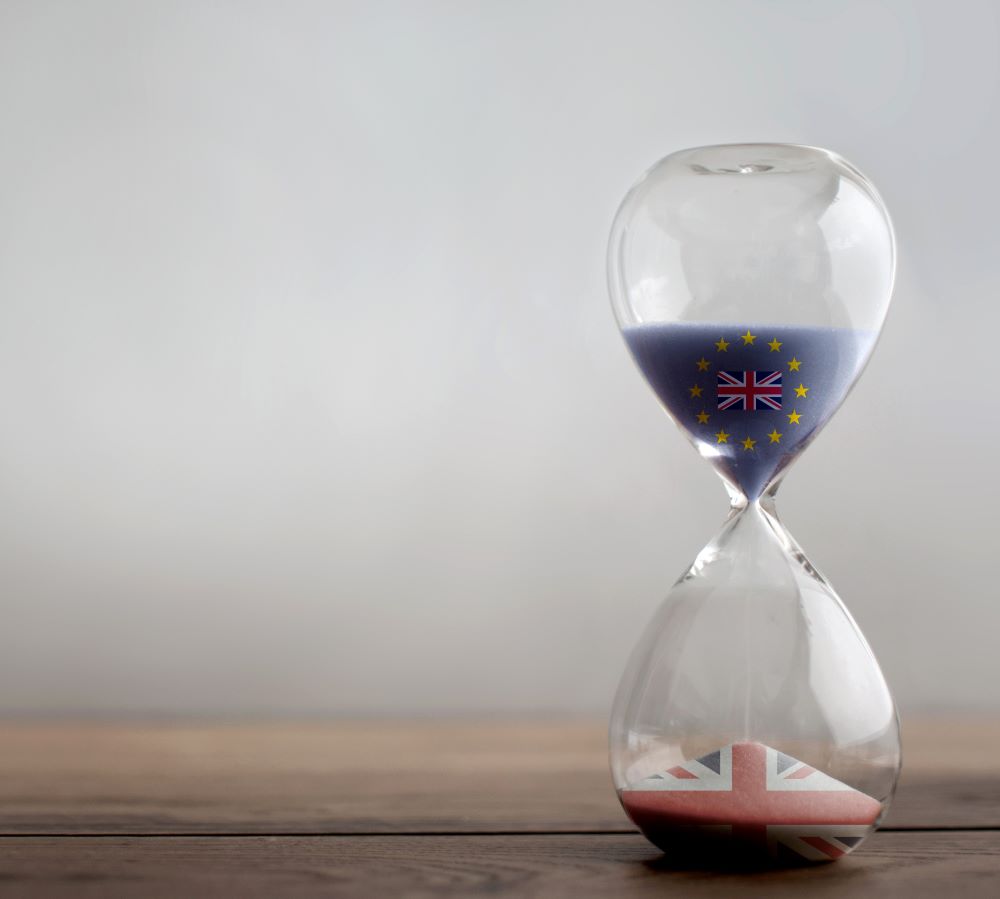
Negotiations for the future UK-EU trading relationship should reach some sort of conclusion in the coming days yet we are still none the wiser as to whether a free trade agreement will be secured or not.
The Daily Update today (30 November) looks at the latest developments coming out of the talks with just one month to go till the end of the transition period.
1. ‘Fairly narrow’ set of issues unresolved
Foreign Secretary Dominic Raab told the BBC’s Andrew Marr Show yesterday that trade talks with the EU are into their “last leg” with only a “fairly narrow” set of issues to still be decided.
With face-to-face talks resuming in London at the weekend, Raab said: "I do think this is a very significant week, the last real major week, subject to any further postponement of the goalposts in terms of the timing."
Fisheries remain an issue for negotiators and the FT reports that the UK rejected an EU solution on the matter on Friday, calling the offer “derisory”.
EU negotiator Michel Barnier has reportedly said that the EU could accept a 15-18% cut in its share of rights in UK waters.
David Frost, the UK’s chief negotiator, has been pushing for Britain to seize 80% of the €650m worth of fishing rights, according to one person briefed on the UK position.
The Times reports that President von der Leyen is intervening in the talks in a bid to “unblock” the ongoing stalemate on fisheries, and also state-aid and governance.
She has sent one of her most senior officials, Stephanie Riso, to assist Michel Barnier’s negotiating team and she is expected to speak to Boris Johnson directly to help seal a deal.
2. Number 10 says ‘no-deal’ outcome is ‘underpriced’
Discussing the “significant gap” that remains on fisheries, Downing Street officials told the Telegraph that the likelihood of a no-deal outcome was “arguably underpriced”.
However, the same sources said that Brexit talks are likely to be concluded by next weekend, “one way or another”.
According to Bloomberg Quint, a no-deal would be more harmful to the UK economy than the Covid-19 pandemic, which has hit the UK harder than many countries.
GDP will be hit by leaving the EU, but the impact will be deeper and longer-lasting without a deal, falling by as much as 7%, Bloomberg estimates.
3. Disruption likely
Michael Gove, the minister in charge of no-deal planning, has meanwhile admitted there may be disruption from the start of next year, saying “not everything will be alright on the night”.
“The two big challenges for retailers are significant increases in the number of export health certificates for mixed loads, resulting in higher consumer costs, or limited choice; and then single market rules restricting cooked meat products,” he said on a Logistics UK webinar reported on Loadstar.
Gove blamed “EU legalese” for holding up the advice his team has been able to give businesses and said the UK was doing everything it could “to eliminate as many risks as possible”.
4. Officials expect agreement on NI Protocol
According to RTE, UK and EU officials are confident they can reach an overarching agreement on outstanding issues regarding the implementation of the NI Protocol.
The major headscratchers for negotiators have been determining what goods are ‘at risk’ of entering the EU (ie, the Republic of Ireland) via NI from GB, which would therefore attract tariffs (in a no-deal scenario), and reconciling GB:NI food consignments with EU safety rules.
The issues are being discussed by the EU-UK Joint Committee overseeing the implementation of the NI Protocol.
One diplomat told RTE: “The general perception is that progress is being made across the board in all these sensitive subjects. It’s going reasonably well.”
Officials hope to have an overall agreement by mid-December.
5. Only one month to go for firms to prepare
The Brexit transition ends on 31 December, meaning UK businesses are running out of time to prepare for changes to trade – whether a deal is agreed to or not.
Regardless of the outcome of the negotiations, firms trading with the EU will need to be ready to complete customs declarations from 1 January 2021.
Government grant funding continues to be available for companies to undergo training, recruit new staff or install new IT software enabling them to complete declarations from the start of next year.
However, the IOE&IT has been told by government that this funding is quickly running out.
You can find out more information about these government grants here.

